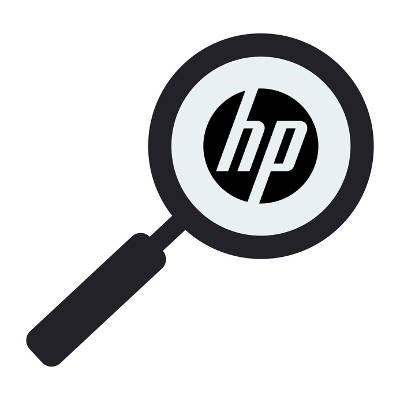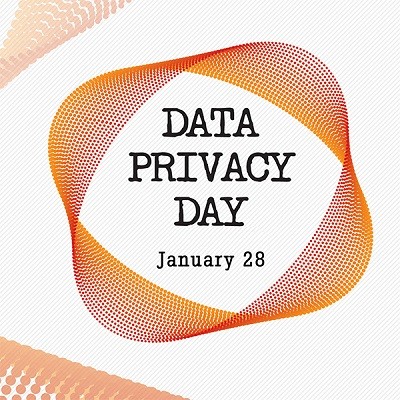JS Business Solutions Blog
It is our hope that you are aware of how much of a risk spyware can pose to your business. Your business generates, collects, and leverages truly considerable amounts of data each day that is intended for your business only. While spyware that is introduced by a hacker is clearly a bad thing, what if the manufacturer of the device installed a program that pulled data from your machine?
January 28th marks Data Privacy Day, a day intended to raise awareness of the importance of data privacy and educate users and business owners of its benefits. Spearheaded by the National Cyber Security Alliance, there are plenty of lessons the NCSA has to share with businesses as this day puts their, and their clients’, privacy in the spotlight.
Most users are aware that their browsers offer a “secure” browsing experience. Google Chrome has Incognito mode, Microsoft’s Edge browser allows you to surf the Internet “InPrivate,” and Apple’s Safari offers Private Browsing as well. The trouble is, these “secure” browsing options aren’t actually all that secure. For today’s tip, we’ll discuss ways to actually keep your Internet browsing private.
Email is (and has been) a prime method of communication for businesses of all sizes. With email comes a whole slew of issues that are essentially synonymous with the technology; spam, information overload, phishing, and information privacy. Even Southern New England small businesses that only do business locally are at risk of these issues. Personal email accounts are equally at risk. Employing proper precautions and practices whenever communicating via email is very important to prevent the risk of security compromises, monetary loss, and even legality issues.







